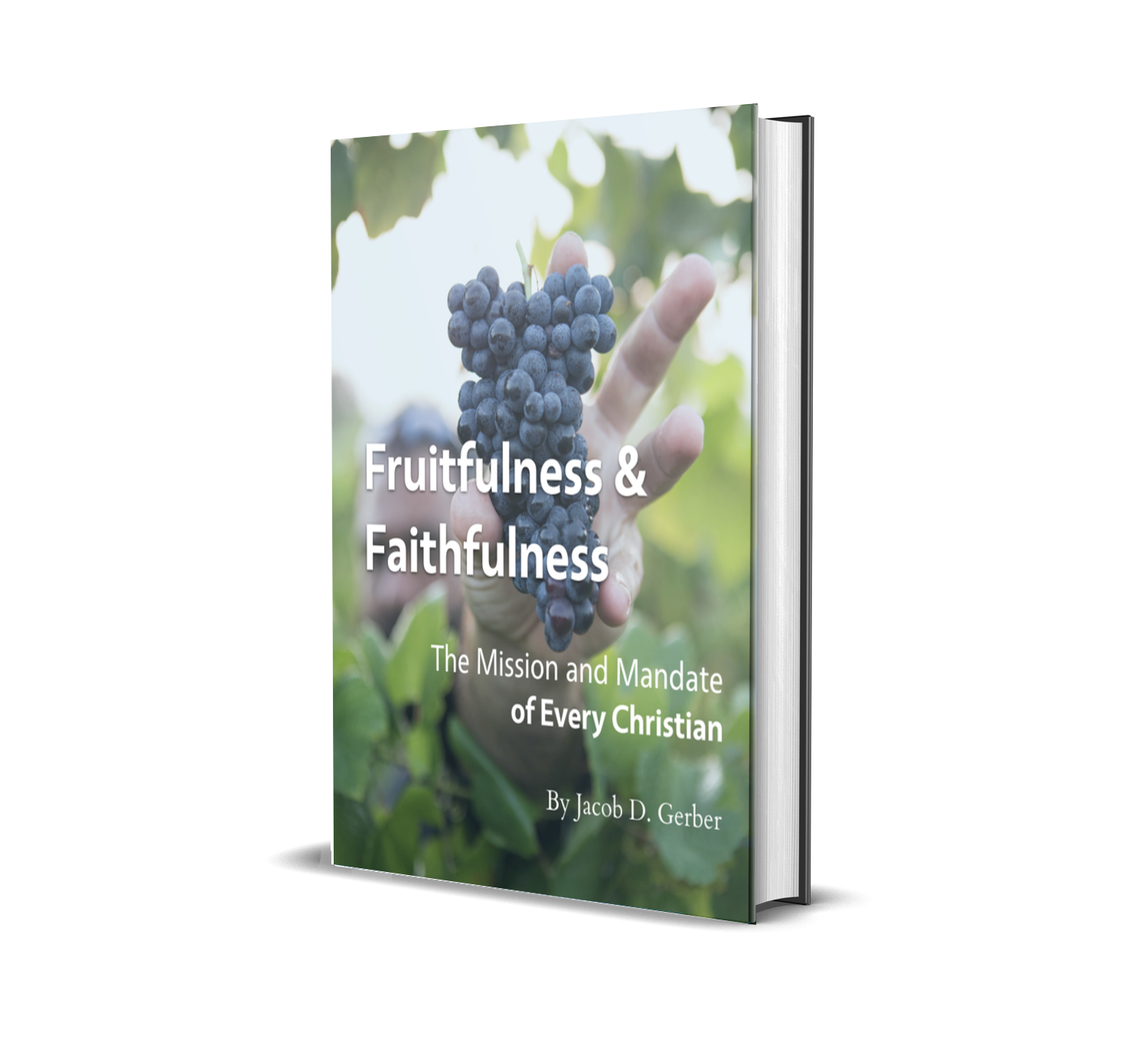Providence (Discipleship Training)
Or, read my introductory post on discipleship training here.
Providence: Before the beginning, God made his eternal decrees of everything that would unchangeably come to pass. Then, in the beginning, God created the heavens and the earth.
God’s eternal decrees begin with creation, but they do not end there. What God decreed from eternity past stretches past the beginning into all time. By God’s providence, he upholds, directs, disposes, and governs all things that come to pass.
Still, how does this providence relate with the free choices of God’s creatures? How does this providence relate to the introduction of sin into the world? And how does God use his providence to cause us to grow as his people?
Training Objective
To understand providence as God’s ongoing, holy, wise, and powerful work of preserving and governing all his creatures, and all their actions.
Scripture
Read and discuss:
- Nehemiah 9:6: God not only created all things, but he preserves all things
- Genesis 8:22 and Jeremiah 3:35: God providentially governs his creation through the necessary second causes that we might call “laws of nature” (WCF 5.2)
- Isaiah 10:6–7: God providentially governs the history of his creation through the free (and even sinful) choices of human beings (WCF 5.2)
- Exodus 21:13 and 1 Kings 22:34: God providentially governs all the contingent events that happen for any reason at all, even those events that humans describe as happening “by chance” (WCF 5.2)
- Isa. 55:10–11: God makes use of “natural” means (WCF 5.3)
- Hosea 1:7: God is free to work without “natural” means (WCF 5.3)
- Romans 4:19–21: God is free to with above “natural” means (WCF 5.3)
- Daniel 3:27: God is free to work against “natural” means (WCF 5.3)
- James 1:13–14, 17: God is not the author or approver of sin (WCF 5.4)
Doctrine
Read and discuss:
- Westminster Confession of Faith, Ch. 5
- Westminster Larger Catechism #18–19
- Westminster Shorter Catechism #11
Discussion Questions
- What does the Bible tell us about God’s control over the events that take place in the world?
- How does God accomplish his will through “natural” means? In what ways does God work apart from “natural” means?
- How does God’s providential sovereignty relate to sin in the world?
- What comforts can Christians draw from the doctrine of God’s providential power in this world (WCF 5. 1, 5, 7)?
Application
Pray to God about this doctrine of his providential sovereignty:
- Praise him for his holiness, wisdom, and power in the world.
- Confess the unbelief in the perfection of God’s power that lies behind some of your fears in this world
- Thank God for the ways that he has upheld and preserved you in so many ways, especially in ways that you have taken for granted
- Ask God to provide for your needs
FREE eBook: Fruitfulness and Faithfulness: God’s Mission and Mandate of Every Christian
Grow in God’s Plan for Your Fruitfulness and Faithfulness

Invest Your Life Well
Discover God’s breathtaking vision for the fruitfulness of his people.
Learn how to live fruitfully and faithfully in the kingdom of Jesus.
Download the free eBook now.




